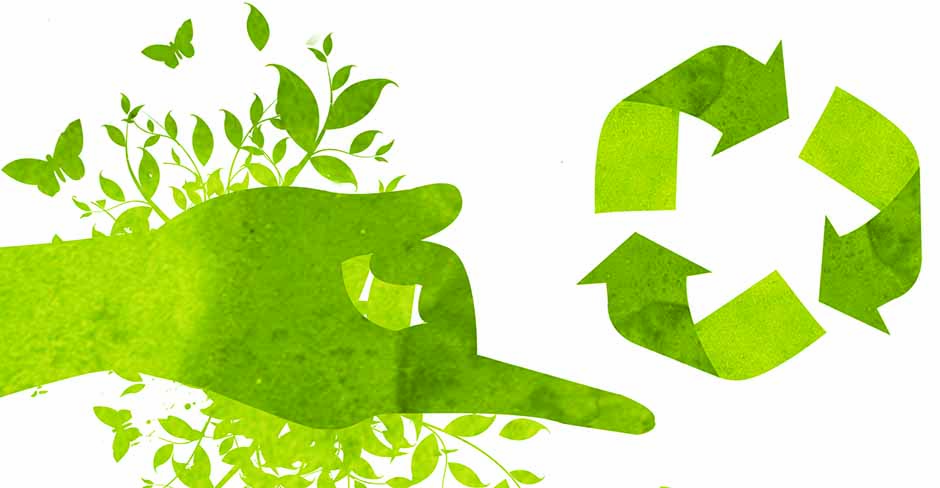As one of the world’s largest food retailers, The Kroger Co. is making big strides in influencing the food system by focusing on sustainability. The company has been championing social, environmental, and economic efforts and programs for a number of years; in 2015 alone, they donated 83 million pounds of food (the equivalent of more than 276 million meals) and recycled more than 38 million pounds of plastic, to name a few accomplishments. We spoke with Suzanne Lindsay-Walker, Kroger’s director of sustainability, to learn more.
Kroger recently announced 2020 Sustainability Goals. What are the top reasons behind these goals?
The importance of “supply chain” is rising among Kroger stakeholders—from customers and associates to investors and non-governmental organizations. By “supply chain” we mean the entire food-growing and -distribution system, from farm or ocean to our stores. Shoppers will always care about price, service, shopping experience, product selection and quality. But more and more people also care and want to know how Kroger positively influences the supply chain—from raw materials and ingredients to manufacturing inputs, labor practices and animal welfare. Kroger has programs in place to address many aspects of a complex and dynamic food system. These goals demonstrate our company’s commitment to continuous improvement and transparency.
Food waste is a hot topic, and Kroger is working to meet the EPA’s “zero waste” threshold of 90-percent diversion from landfills. Could you share highlights of the company’s food waste plans?
In 2008, we launched the Perishable Donations Partnership to address two major issues: hunger in our communities and food waste in our stores. Often, items that are perfectly safe for eating cannot be sold in retail. Our associates are trained to spot these items in our deli, produce, meat and dairy sections and store them for product donation directly to our local food banks and pantries. Since launching this program, we have donated more than 287 million meals. We have also saved more than $10.3 million in waste expenses and protected the planet from harmful greenhouse gases generated by waste.
In recent years, Kroger has launched an in-store compost program that gives our associates an alternative to the trash can for any spoiled items. So far, we have rolled it out in more than 1,100 stores, with a goal of reaching 50 percent of our stores by the end of 2016.
What can shoppers do to help Kroger with its sustainability goals?
There are many ways shoppers can be a little greener, whether it’s bringing back plastic bags to their local store to be reused or recycled, reducing their own food waste by properly storing food, or following “love your leftover” recipes. [Search the Internet for a plethora of ideas or visit pinterest.com/krogerco/love-your-leftovers.] Every little step adds up to a better tomorrow. To find out more about Kroger’s efforts and its specific sustainability goals, visit sustainability.kroger.com.

